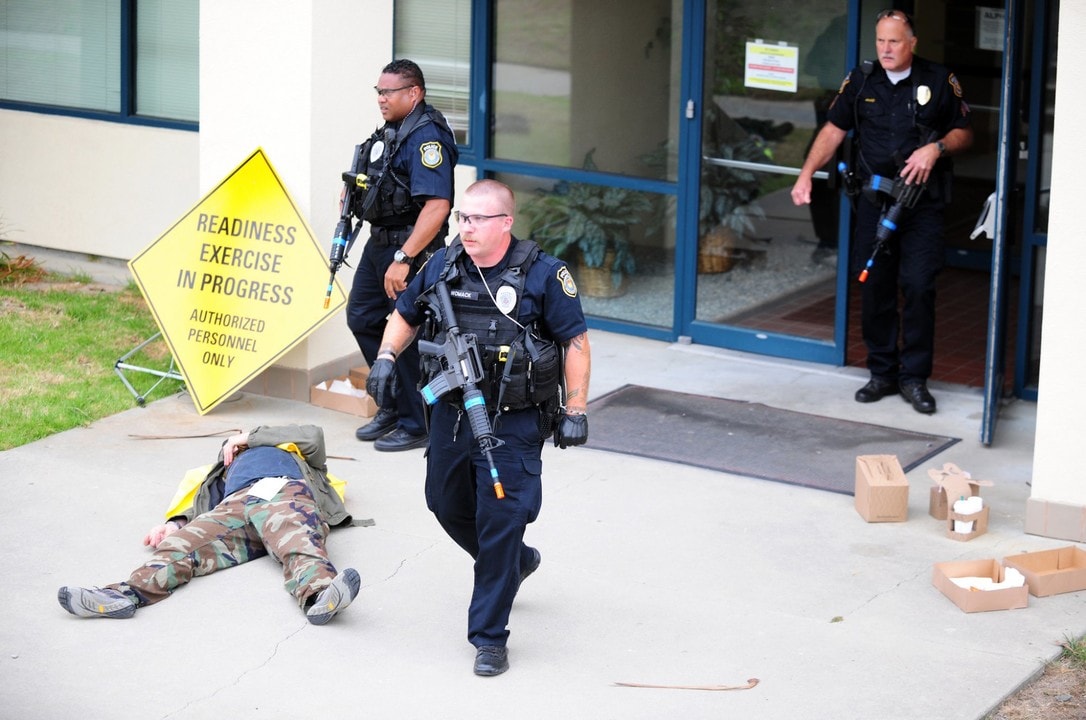02 Jan Workplace Violence: What’s Your Responsibility?
The Occupations Health and Safety Administration (OSHA) defines workplace violence as “… any act or threat of physical violence, harassment, intimidation, or other threatening disruptive behavior that occurs at the worksite. It ranges from threats and verbal abuse to physical assaults and even homicide. It can affect and involve employees, clients, customers, and visitors.” OSHA further states “Each employer – shall furnish to each of his employee employment and a place of employment which are free from recognized hazards that are causing or are likely to cause death or serious physical harm to his employees”. OSHA requires that every employer (regardless of size) provide their employees with an Emergency Action Plan (EAP). If you have 9 or fewer employees it can be...




